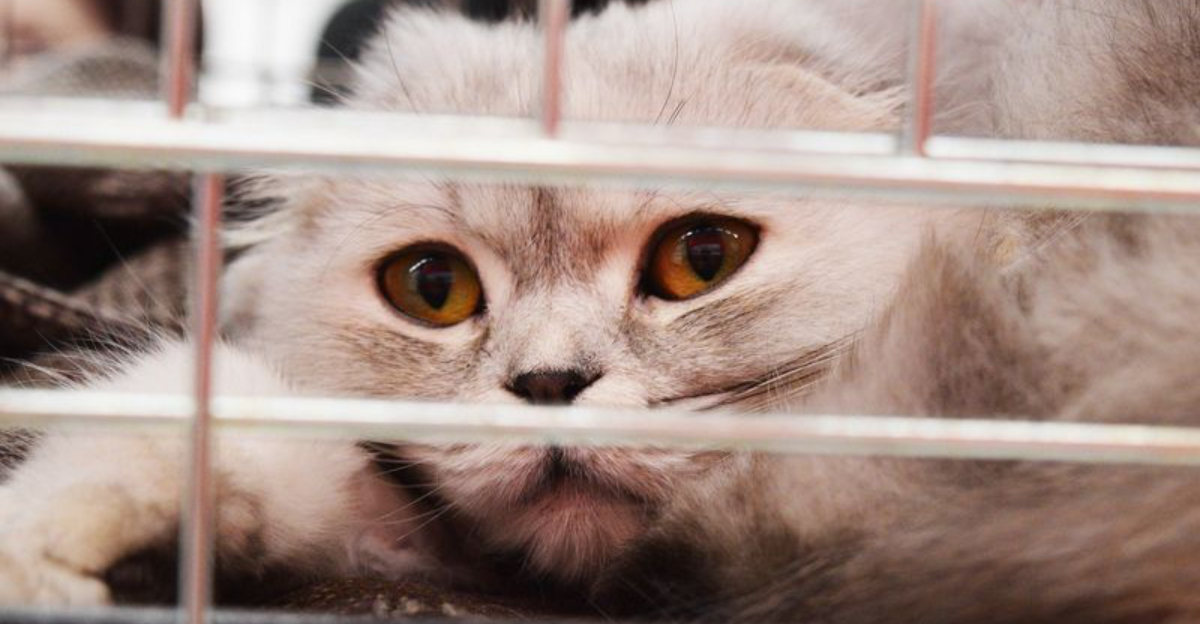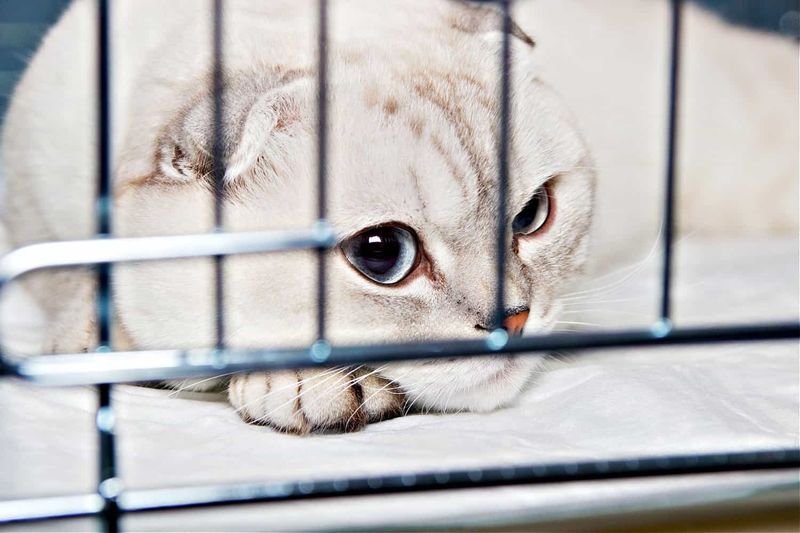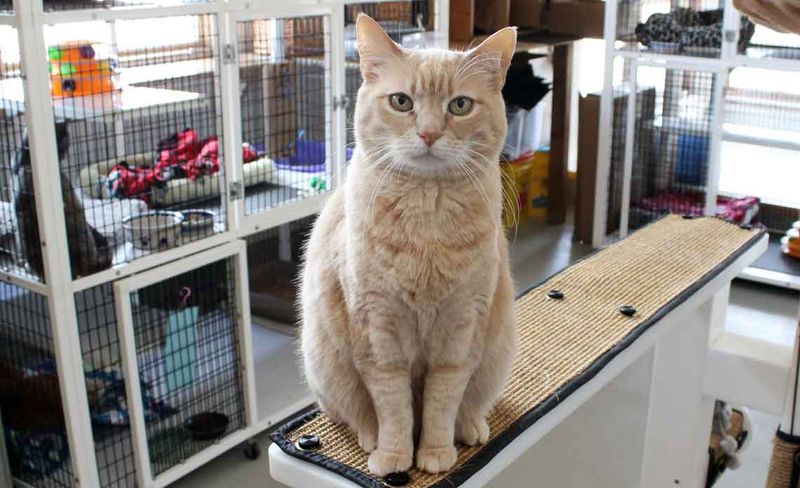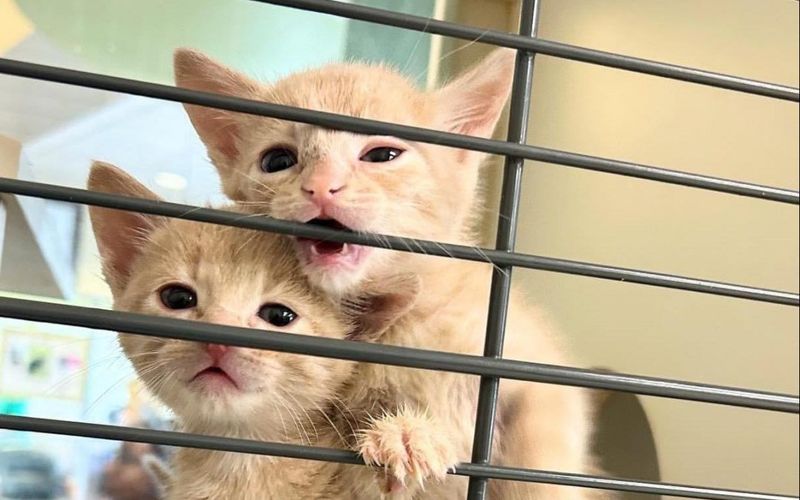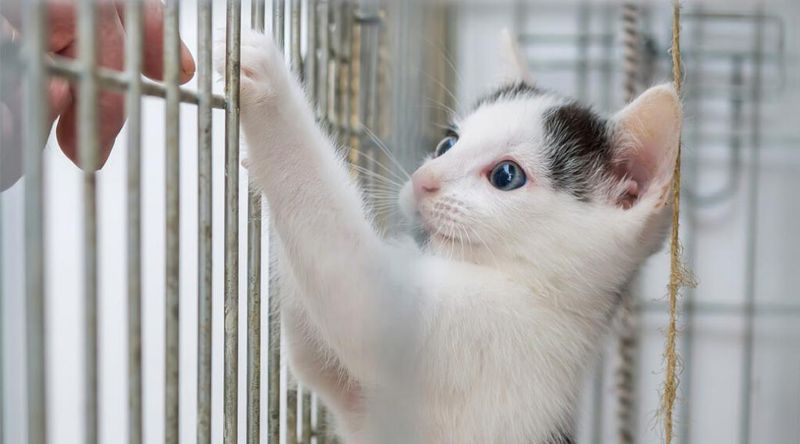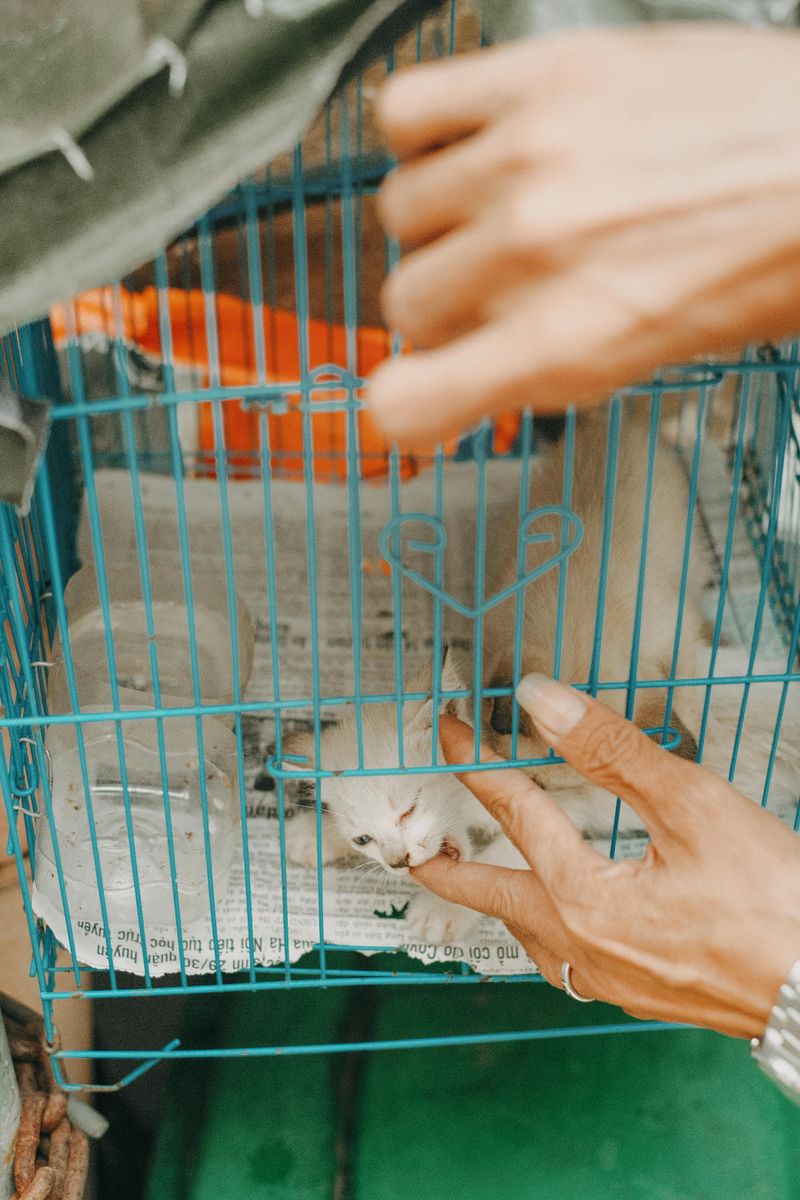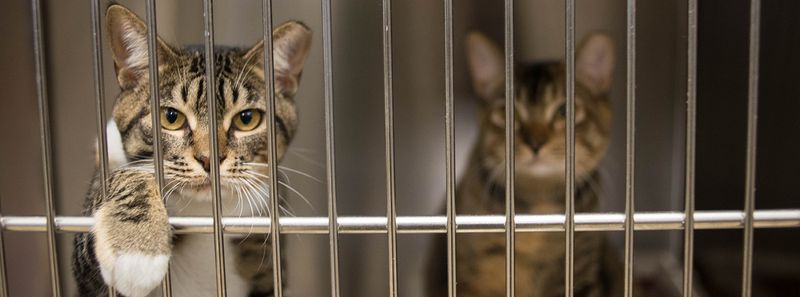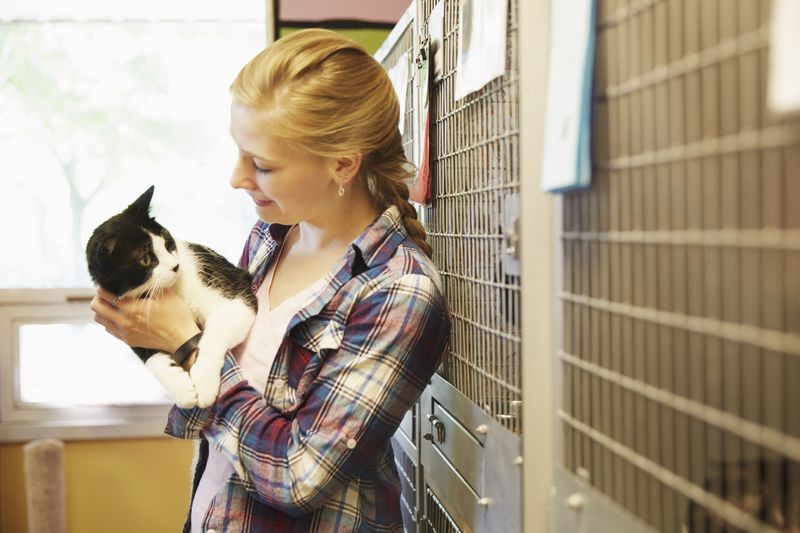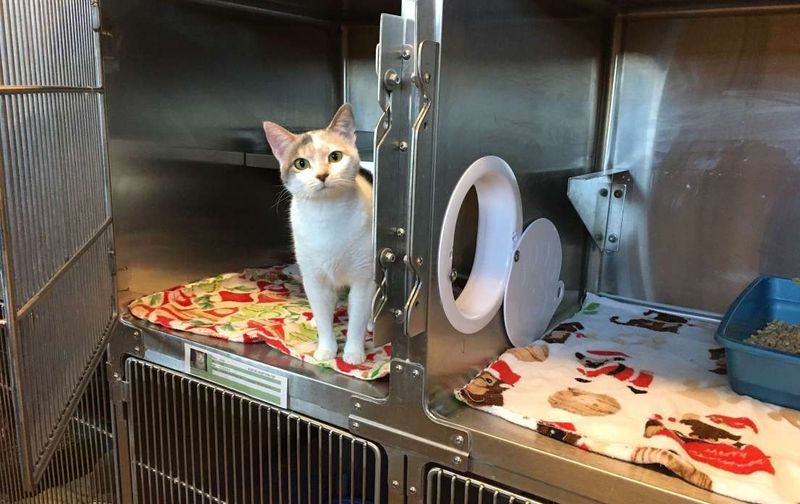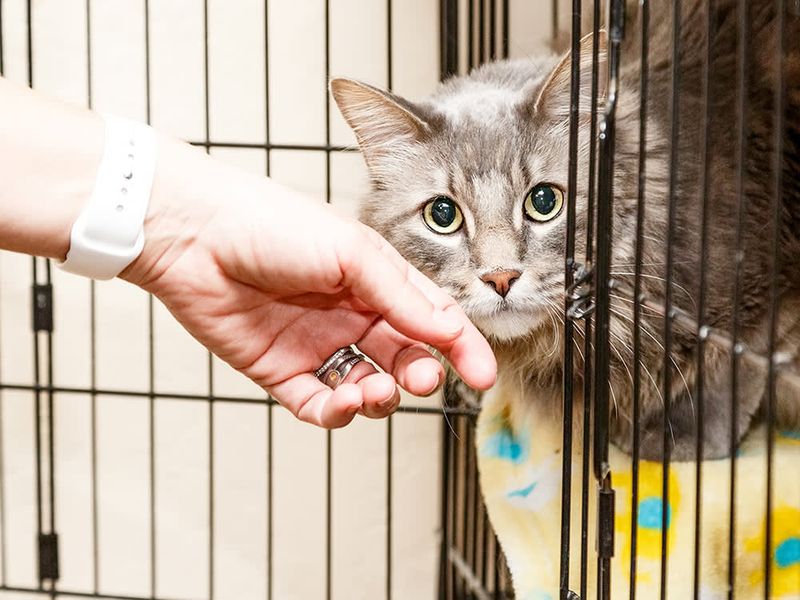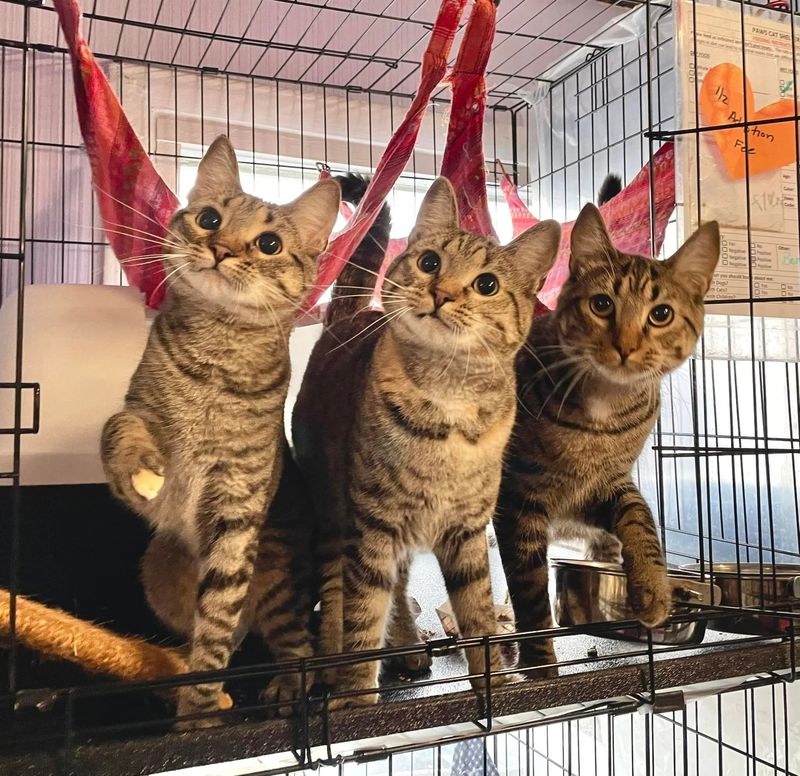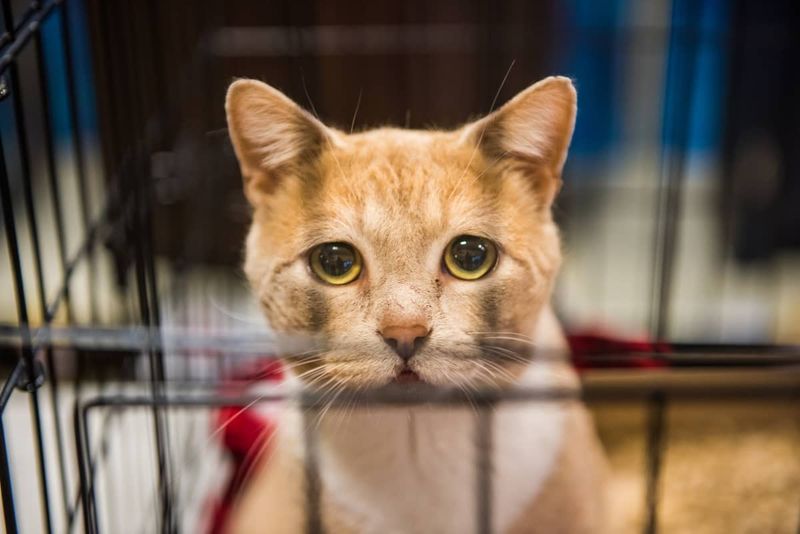📖 Table of Content:
- 1. Myth: All shelter animals are damaged or aggressive.
- 2. Myth: You can’t find purebred animals in shelters.
- 3. Myth: Shelter animals are always sick.
- 4. Myth: Shelter pets are old.
- 5. Myth: It’s better to buy from a breeder or pet store.
- 6. Myth: You can’t find the breed or personality you want.
- 7. Myth: Animals in shelters are poorly treated.
- 8. Myth: Adoption fees are too high.
- 9. Myth: It’s hard to adopt from a shelter.
- 10. Myth: Once in a shelter, animals don’t have a chance.
- 11. Myth: You can’t return an adopted animal.
- 12. Myth: Shelter animals can’t be trained.
- 13. Myth: All shelters are overcrowded and depressing.
- 14. Myth: Adopting one pet won’t make a difference.
When it comes to animal shelters, there’s no shortage of opinions—but unfortunately, not all of them are accurate. From assumptions about the types of animals you’ll find to doubts about their health or behavior, myths about shelters often discourage people from adopting. The truth is, these misconceptions hurt not only the animals waiting for homes but also potential adopters who are missing out on loving companions.
Animal shelters are full of incredible pets—young, old, purebred, mixed, quirky, calm, and everything in between. Many of these animals are there through no fault of their own, often surrendered due to changes in their owners’ lives, not because of anything they did wrong. And contrary to what some believe, shelters work tirelessly to ensure these pets are healthy, safe, and ready for their next chapter.
In this article, we’re setting the record straight by debunking 14 of the most common myths about animal shelters. Whether you’re thinking about adopting or just want to understand the reality behind the scenes, this list will help you separate fact from fiction—and maybe even inspire you to visit your local shelter with a fresh perspective.
1. Myth: All shelter animals are damaged or aggressive.
While some assume that animals in shelters have serious behavior issues, this couldn’t be further from the truth. Think again— many pets are surrendered due to reasons like moving, financial troubles, or changes in family dynamics. It’s a common misconception that shelters are full of “problem pets,” but most animals are loving, social, and simply in need of a second chance. In reality, many shelter animals have already lived in homes and know how to behave around people. You might be surprised to learn that these pets often crave love and companionship even more because of what they’ve lost. Often overlooked is the fact that shelter staff and volunteers assess behavior and temperament before making animals available for adoption. Interestingly, some pets even arrive already house-trained or with basic obedience skills. Contrary to popular belief, shelter pets are no more aggressive than animals from breeders or pet stores—if anything, they’re more grateful for your love.
2. Myth: You can’t find purebred animals in shelters.
While some assume that purebred dogs and cats are only available through breeders, shelters regularly take in purebreds of all types. Think again—roughly one in four dogs in shelters is a purebred. It’s a common misconception that only mutts end up in rescue, but even designer breeds are surrendered due to lifestyle changes or unforeseen circumstances. In reality, breed-specific rescues exist across the country and often work closely with local shelters. You might be surprised to learn that you can find everything from poodles to pit bulls with just a little research and patience. Often overlooked is the fact that many shelter staff members can help you locate the breed you’re looking for. Interestingly, some people even surrender animals with papers, making it easier to verify lineage. Contrary to popular belief, shelters can be a great place to find your favorite breed without supporting commercial breeding operations.
3. Myth: Shelter animals are always sick.
The truth may surprise you: shelters take health very seriously. Despite what many think, animals are vaccinated, dewormed, and seen by vets before adoption. Let’s clear this up: many pets in shelters are in excellent health and ready for homes. Often overlooked is the fact that medical care is often more thorough in shelters than in some private adoptions. You might be surprised to learn that some animals even receive surgeries or dental cleanings while in care. Contrary to popular belief, being in a shelter does not equal being sick. It’s a common misconception that shelter pets are “risky” to adopt, when in fact, they often come with full health records. In reality, adopting from a shelter gives you access to a wealth of health information upfront.
4. Myth: Shelter pets are old.
Interestingly, shelters are home to pets of all ages, not just seniors. Many people mistakenly believe that shelters only house older animals with little energy or life left. What many don’t realize is that puppies and kittens are surrendered just as often as adult pets. Contrary to popular belief, some litters are even born in shelters. Think again—young, playful animals are adopted out daily across the country. The fact is, shelters aim to find homes for pets in every life stage. You might be surprised to learn that younger animals are often adopted quickly, but new ones arrive constantly. In reality, age diversity is one of the strengths of shelter adoption.
5. Myth: It’s better to buy from a breeder or pet store.
Truth be told, there are serious ethical concerns with many breeders and nearly all pet stores. What many don’t realize is that adopting helps reduce demand for puppy mills and mass breeding operations. In reality, shelter animals are just as loving, loyal, and trainable as those purchased elsewhere. The truth may surprise you: many shelter pets come with vetting and behavioral assessments, something not all breeders provide. Despite what some think, shelter pets can be just as healthy, if not more so, than those bought elsewhere. Let’s clear this up: choosing adoption doesn’t mean compromising on quality. You might be surprised to learn that many adopters actually form deeper bonds with rescued pets. Contrary to popular belief, adopting a pet is often the more responsible and rewarding choice.
6. Myth: You can’t find the breed or personality you want.
While some assume that shelters are filled with only unpredictable mixed breeds, they actually offer an incredible range of personalities. You might be surprised to learn that breed-specific rescues exist for nearly every kind of dog or cat. Let’s clear this up: shelters work hard to assess temperament and help make great matches. The fact is, finding a chill lap cat, an energetic jogging partner, or a loyal family dog is totally possible through adoption. Contrary to popular belief, shelters often allow meet-and-greets or trial periods to ensure a good fit. Many people mistakenly believe their ideal pet isn’t in a shelter—but they probably just haven’t looked yet. In reality, patience and communication with shelter staff can lead to an amazing match. Think again—shelters are full of animals with unique, lovable personalities.
7. Myth: Animals in shelters are poorly treated.
Contrary to popular belief, most shelters work tirelessly to provide quality care. What many don’t realize is that staff and volunteers often go above and beyond for each animal. Let’s clear this up: animals are fed, walked, socialized, and given medical care regularly. You might be surprised to learn that many shelters provide toys, enrichment activities, and even music to reduce stress. In reality, some shelter animals are treated better than pets in neglectful homes. The truth may surprise you: shelters are built to heal and protect, not punish. Despite assumptions, many pets receive love and kindness from day one. While some assume shelters are cold and heartless, the reality is often full of compassion and dedication.
8. Myth: Adoption fees are too high.
Despite what many think, adoption fees are typically a great deal when you break down what’s included. Often overlooked is the fact that fees usually cover spaying or neutering, vaccinations, microchipping, and a health check. You might be surprised to learn that doing these things on your own would cost much more at a private vet. In reality, shelters aren’t trying to make a profit—they’re just covering the cost of care. The truth may surprise you: many shelters even offer discounts or waived fees during special events. What many don’t realize is that the adoption fee helps the shelter continue saving lives. Contrary to popular belief, adopting from a shelter is often more affordable than buying from a breeder. Let’s clear this up: the value far outweighs the cost.
9. Myth: It’s hard to adopt from a shelter.
Many people mistakenly believe that the adoption process is long and complicated. Contrary to popular belief, most shelters aim to make the process simple, welcoming, and accessible. Think again—staff and volunteers are there to help match you with the right animal, not to judge you. You might be surprised to learn that some adoptions can happen the same day. While some assume shelters are full of red tape, the process is usually just a form, an interview, and maybe a home check. Often overlooked is the fact that shelters want successful adoptions as much as you do. In reality, they’re there to support you, not scare you off. The truth may surprise you: adopting can be easier and more rewarding than you ever expected.
10. Myth: Once in a shelter, animals don’t have a chance.
Let’s clear this up: the idea that shelter animals are doomed is outdated. In reality, many shelters today are no-kill or work closely with rescues to find placements. While some assume that all shelters euthanize animals, that’s no longer the norm in many areas. You might be surprised to learn that community support, fostering, and networking save thousands of animals every year. The fact is, shelters fight hard to give animals every possible chance. Often overlooked is the role of volunteers, who advocate fiercely for the pets in their care. Despite what many think, a stay in a shelter can be the first step toward a happy ending. Contrary to popular belief, these animals do have hope—and people fighting for them.
11. Myth: You can’t return an adopted animal.
It’s a common misconception that once you adopt, you’re stuck no matter what. Contrary to popular belief, shelters usually have return policies in place for exactly this reason. You might be surprised to learn that returning a pet doesn’t make you a failure—it makes you responsible. In reality, shelters want to ensure the match is right for both you and the animal. The truth may surprise you: many shelters even offer support or advice before it comes to a return. While some assume returns are frowned upon, shelter staff appreciate when adopters are honest. Often overlooked is the fact that returning an animal early may be better than keeping it in an unhappy situation. Think again—shelters want forever homes, not forced ones.
12. Myth: Shelter animals can’t be trained.
Despite what many think, most animals in shelters are just waiting for someone to teach them. Often overlooked is the fact that many already know basic commands or are house-trained. In reality, behavior problems are often minor or caused by stress—not permanent traits. You might be surprised to learn that with a stable environment and patience, shelter animals learn quickly. The fact is, training is part of the bonding process, no matter where a pet comes from. Contrary to popular belief, animals from shelters are no less capable of learning than those from breeders. Let’s clear this up: dedication, not pedigree, makes a trainable pet. Interestingly, many adopters find that their shelter pets are eager to please and quick to adapt.
13. Myth: All shelters are overcrowded and depressing.
Think again—not all shelters fit the sad, gloomy image often portrayed. Contrary to popular belief, many are bright, clean, and full of love. What many don’t realize is that shelters work hard to create inviting, comforting environments. You might be surprised to learn that some even offer play yards, meet-and-greet rooms, and enrichment spaces. In reality, there’s a huge range in how shelters operate, and many are incredibly innovative. Often overlooked is the energy and joy of the people who work and volunteer there. Despite assumptions, these places are full of hope and second chances. The truth may surprise you: stepping into a shelter can be a heartwarming, not heartbreaking, experience.
14. Myth: Adopting one pet won’t make a difference.
It’s a common misconception that one adoption is just a drop in the bucket. In reality, every single adoption makes a massive impact. While some assume their choice won’t change anything, adopting frees up space and resources for the next animal in need. You might be surprised to learn that your adoption also supports the shelter’s mission and outreach. The fact is, one act of kindness has ripple effects—on the pet, the staff, and even your own life. Often overlooked is how adoption can inspire others to do the same. Contrary to popular belief, saving one life is never a small thing. Think again—your decision truly matters.
